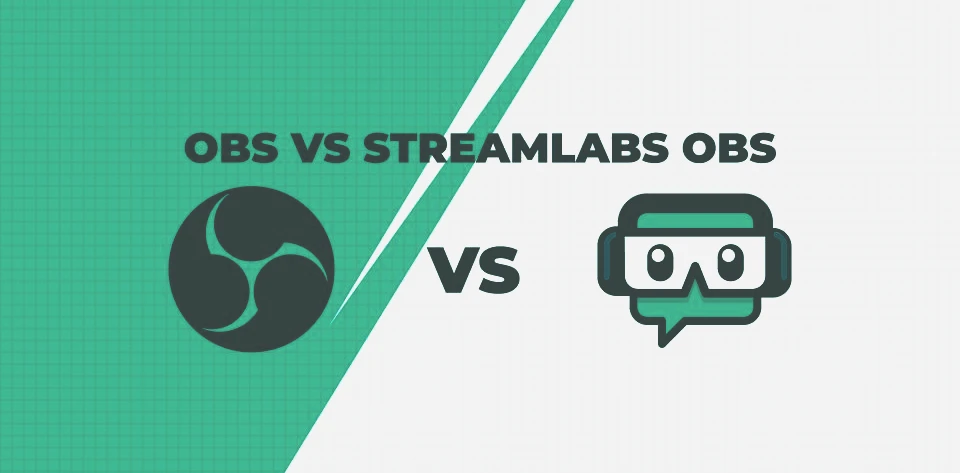Foreword This is something that you don’t get to see in blogs these days, a foreword but It’s worth mentioning that while writing this post, I was heavily inspired by FlyingCakes85’s article on FOSS that I couldn’t help myself but borrow some of the things that they had mentioned. It’s a good read and I recommend checking it out 🙂
Free and Open Source Software(FOSS), has more or less been an underlying backbone of the software community. While most people may not realize it, almost all the proprietary software or applications that most people use depend on libraries or components that are open source.
Typically, a project is open source when its source code can be viewed on some public domain. Github, GitLab, and bitbucket are some popular services used to host source code as well as contribute by using version control. But are unfortunately seen as nothing more than cloud hosting for code by most people on the site.
They are generally under various Open Source Licenses that include but are not limited to the MIT, GPL, Apache, and “The Unlicense”. While these may sound quite cool and reassuring, in reality, this does not stop anyone from modifying your code and then using it in their open-source project claiming it to be theirs. The GNU GPL license comes under copyleft practice. That means an entity can take your code and modify it and use it in their program as long as the program is also under the GPL License.
If we talk about FOSS or Free and Open Source Software, there is a common misconception among the masses which I would like to clear. The word “Free” in FOSS doesn’t actually mean zero price. Instead, it means freedom. “Freedom” as in software giving users certain rights and freedoms. To paraphrase from GNU’s website, this freedom means
- The freedom to run the program as you wish, for any purpose.
- The freedom to study how the program works, and change it accordingly.
- The freedom to redistribute copies so you can help others.
- The freedom to distribute copies of your modified versions to others. With this, one can give the whole community a chance to benefit from your changes.
It is quite probable for a project to be paid and open source at the same time while still coming under the category of “FOSS”. The online video conferencing software “Zoom”, more specifically, its Linux binaries use a popular GUI framework called QT. Qt is fully open source, however, its license only allows one to use it for non-commercial uses. If one needs to use the framework for monetary purposes, they are legally bound to take a commercial license from Qt Company to use their work to make money.
While I would definitely recommend everyone to start open-sourcing, I would also like to mention that the open-source community is not always a friendly paradise.

Almost all of us must have heard of the popular Open Broadcasting Software or OBS. This is actually licensed under the GNU Public License. A fork of OBS called streamlabs OBS modified OBS such that they used their own branding on top of it and skinned it accordingly with a couple of niche features. While this is all fair and allowed, what really annoyed the OSS community was the fact that they sold StreamLabs to Logitech for 118 million dollars. While a majority of the work was done by passionate developers of the original OBS project, Streamlabs OBS got paid and credited for it.
Another instance would be Marak the creator of faker.js, a popular JavaScript library, used by thousands of big companies, who took it down from Github. This was actually his reply after a tragedy took place. He asked the entire community for help yet no company or any organization tried to fund him. Although faker.js is up again and maintained by somebody else and he still contributes to Github, Marak had made a statement that day and will always remain in the history of the Open Source Community.
I mentioned these instances not to dishearten people, but to describe the underlying issue. It is these issues that prevent any company going from proprietary to open source. At the end of the day, you need money. While you can still profit from FOSS the control you get with closed source software is nowhere near to that of any form of OSS, even if that means that your software contains telemetry. The moral of the story is that while open source software morally looks quite promising, you can’t earn your bread from just committing to Github.
References
- Banner Image by Ann-Sophie De Steur@Dribbble. View
- Snehit’s Blog Article – Foss and Profit
- Fireship’s Video on The Dark Side of FOSS



